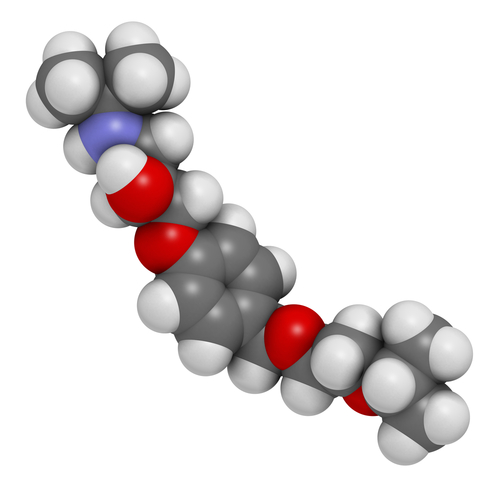Veracyte Presents Results of Molecular Classifier for the Diagnosis of Non-Surgical IPF

Veracyte, Inc. a biotechnology company working in the field of molecular cytology, recently presented new results showing that its molecular classifier can distinguish idiopathic pulmonary fibrosis (IPF) from other interstitial lung diseases (ILDs) in bronchoscopy-derived samples.
The results indicate that the molecular classifier is able to help patients avoid invasive, dangerous and costly surgery to resolve uncertainty in IPF diagnosis. The results published in the journal The Lancet Respiratory Medicine were recently presented at the 2015 International Conference of the American Thoracic Society (ATS).
The results revealed that the classifier is able to differentiate the presence of a specific pathology pattern that is a hallmark of IPF. The researchers developed the classifier using whole-genome data, and found that it is able to distinguish this pattern with 92% of specificity, indicating its efficacy in identifying and distinguishing IPF from other ILDs.
“The recent availability of therapies that slow progression of IPF makes improved diagnosis of this disease even more imperative,” said Giulia C. Kennedy, Ph.D., chief scientific officer of Veracyte, who presented the data. “The findings presented today suggest it is possible to develop a molecular test that will enable less invasive and more accurate diagnoses of IPF. These results move us one step closer to making such a test available to patients who could greatly benefit from it.”
The published article validates the company’s method for the diagnosis of IPF. The researchers used 125 samples derived from lung biopsy across 11 clinical centers in the United States and confirmed the genomic signal differentiating IPF with genomic classifiers.
“Taken together, findings from these studies confirm the potential of a genomic test to help physicians differentiate and diagnose IPF,” said in the press release Dr. Kennedy. “We look forward to further improving our molecular classifiers by increasing the number of patient samples and incorporating additional information, such as radiologic and clinical information, into the algorithm.”






